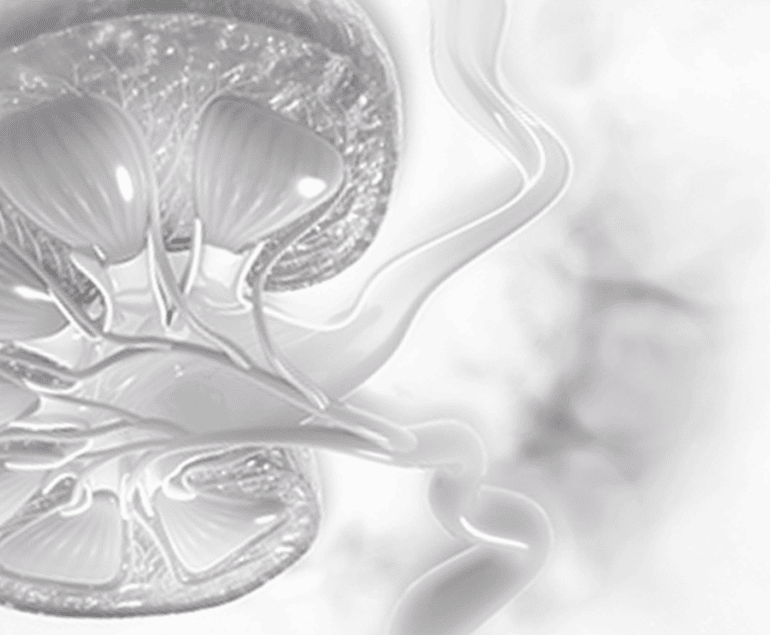When your kidneys stop working suddenly, over a very short period (usually two days or less), it is called acute kidney injury (AKI). AKI is sometimes called acute kidney failure or acute renal failure. It is very serious and requires immediate treatment.
01. What are the symptoms of acute kidney injury?
You might not notice any symptoms of AKI at first. If you do have symptoms, you may notice some or all of the following problems:
- Not enough urine
- Swelling in your legs, ankles, or feet
- Feeling tired
- Trouble catching your breath
- Feeling confused
- Nausea
- Pain or pressure in your chest
In case, you have very severe AKI, you may have seizures or fall into a coma.
Or you notice any of these symptoms, contact your healthcare provider immediately.
02. Who gets acute kidney injury?
Anyone can get AKI. Often, AKI happens in people who are already sick and in the hospital. People who are in the intensive care unit (ICU) are even more likely than people who are in other units of the hospital to have AKI. This is because people who need to be in the ICU are already very sick. Other things that can increase your risk of having AKI include:
- Being age 65 or above
- Having a kidney disease or kidney problem
- If you have a high blood pressure
- If you have a chronic disease, such as heart disease, liver disease, or diabetes
- Or if you have a peripheral artery disease (a condition that makes it hard for your blood to get to your arms and legs)
03. What causes acute kidney injury?
Acute kidney injury (AKI) usually happens when your kidneys are suddenly damaged. The damage that leads to AKI may be caused by:
- Not enough blood flowing through your kidneys
- An injury directly to your kidneys or a problem with your kidneys
- A blockage in your ureters, the tubes that take urine from your kidneys to your bladder
Some examples of problems that can cause you to have too little blood flowing through your kidneys are:
- Low blood pressure
- Bleeding too much
- Having severe diarrhea
- Heart disease or heart attack
- Infection
- Liver failure
- Using NSAIDs (non-steroidal anti-inflammatory drugs), such as aspirin, ibuprofen, and naproxen
- Serious burns
- Being very dehydrated (not having enough fluid in your body)
- Severe allergic reaction
Some examples of problems that can cause direct damage to your kidneys are:
- Blood clots in or around the kidneys
- Diseases that affect the kidneys, such as glomerulonephritis and lupus
- Infection
- Certain medicines, such as some chemotherapy drugs, some antibiotics, and contrast dyes used during CT scans, MRI scans, and other imaging tests
- Alcohol or drug abuse
- Some blood or blood vessel disorders
Examples of problems that could cause a blockage in your urinary tract are:
- Some cancers
- Blood clots in or around the kidneys
- Kidney stones
- Bladder problems
- Enlarged prostate (in men)
04. How can acute kidney injury be treated?
The treatment for AKI depends on what caused it to happen. Most people need to stay in the hospital during treatment and until their kidneys recover. While you are being treated for the problem that caused your AKI, you may also have treatments to prevent problems that can make it harder for your kidneys to heal. Some possible treatments include:
- Temporary hemodialysis to do the work that your kidneys should be doing, until they can recover
- Medicines to control the amounts of vitamins and minerals in your blood
- Treatments to keep the right amount of fluid in your blood
When you return home, your doctor may ask you to follow a kidney-friendly diet plan to help your kidneys continue to heal. Your doctor may be able to refer you to a dietitian, who can help you make a kidney-friendly diet plan that works for you.
05. How can I prevent acute kidney injury?
Because AKI happens suddenly, it can be hard to predict or prevent it. But taking good care of your kidneys can help prevent AKI, chronic kidney disease (CKD), and kidney failure/ESRD. Follow these general rules to keep your kidneys as healthy as possible:
- Work with your doctor to manage diabetes and high blood pressure.
- Live healthy! Eat a diet low in salt and fat, exercise for 30 minutes at least five days per week, limit alcohol, and take all prescription medicines as your doctor tells you to.
- If you take over-the-counter pain medicines, such as aspirin or ibuprofen, do not take more than is recommended on the package. Taking too much of these medicines can hurt your kidneys and can cause AKI.

